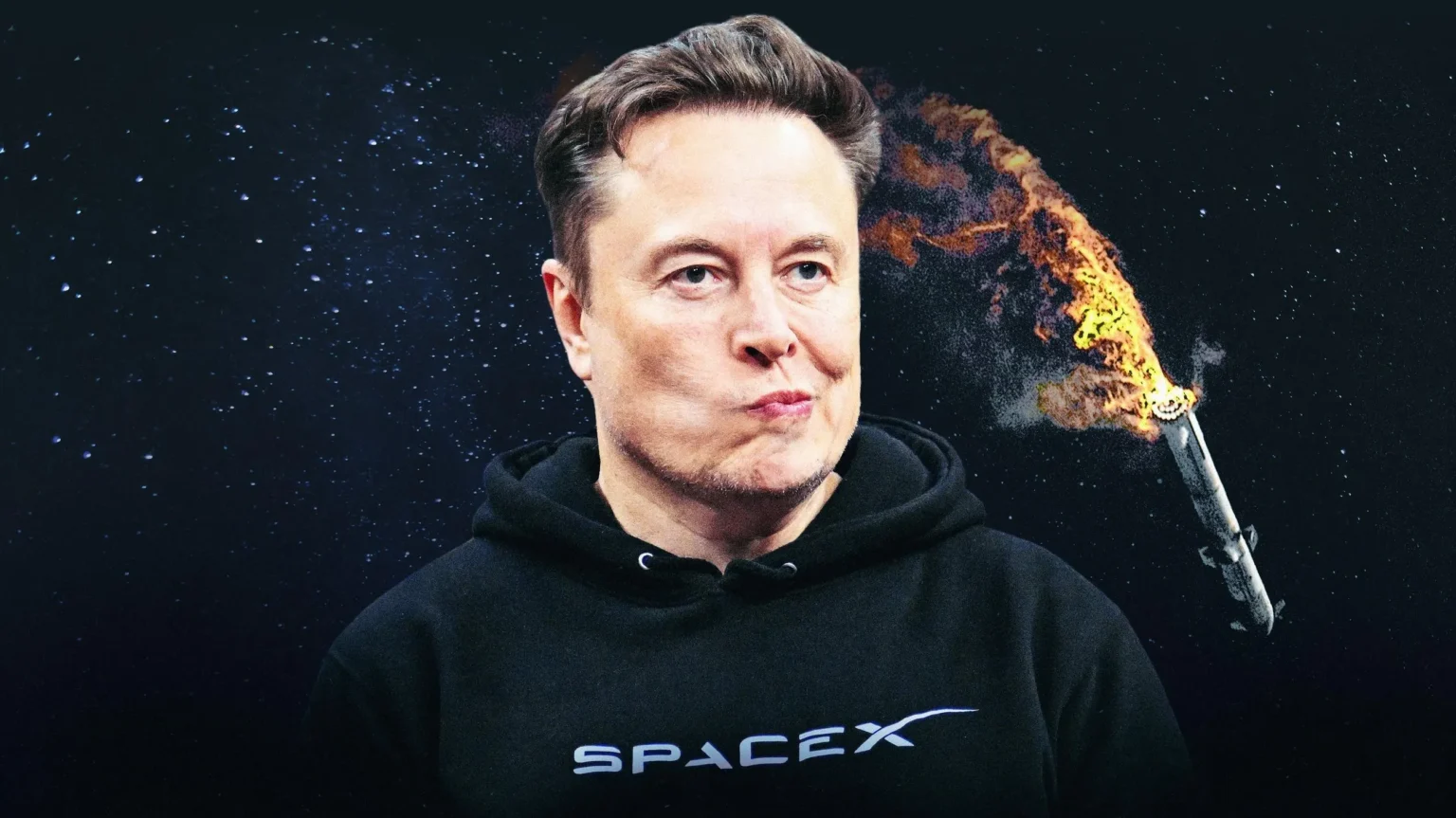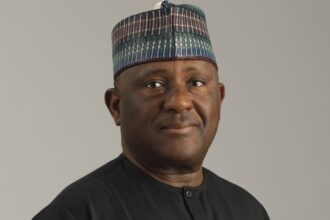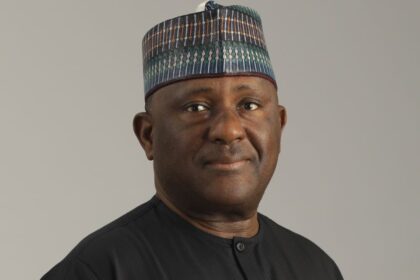At a Glance
- SpaceX’s $17 billion EchoStar deal could reshape Africa’s mobile internet through satellite-to-cell technology.
- Direct-to-cell service may bypass costly equipment, extending connectivity into rural African regions.
- Affordable pricing, regulatory approvals, and carrier partnerships remain key challenges for Starlink’s expansion.
SpaceX, the spacecraft manufacturer and satellite communications corporation led by tech billionaire Elon Musk, is doubling down on its satellite ambitions with a $17 billion deal that could reshape global mobile connectivity — and potentially narrow Africa’s internet divide.
Announced Sept. 8, the agreement will see SpaceX acquire mobile spectrum from U.S.-based EchoStar through a mix of cash, stock, and debt assumption.
The transaction secures AWS-4 and H-block licenses, paving the way for SpaceX to fast-track its “direct-to-cell” technology — a system that allows ordinary mobile phones to connect directly to satellites without relying on ground towers.
The acquisition strengthens Starlink’s global ambitions, but it also raises fresh questions — and possibilities — for Africa, where 60% of the population still lives offline despite living in areas covered by mobile networks, according to GSMA.
Potential for Africa
Starlink has rolled out in more than 20 African countries since 2023, but uptake has been slowed by high equipment costs, with connection kits priced beyond the reach of many households. Direct-to-cell technology could upend that model by allowing any SIM-enabled handset to link with satellites, removing the need for specialized gear.
If successful, the shift could extend basic connectivity into rural “dead zones” where towers don’t exist, improve emergency communication in disaster-prone regions, offer African mobile operators wholesale satellite coverage to bolster 4G and 5G rollout and create new pathways for digital finance, e-government, and education services.
Challenges Ahead
The deal’s impact on Africa won’t be immediate. Regulatory approval remains a major hurdle, as individual countries must authorize spectrum use for satellite-to-mobile services. Pricing is another unknown: while removing the need for hardware could cut costs, monthly subscriptions must be affordable in markets where disposable incomes remain low.
Local operators may also push for partnership structures that protect their revenues. In the U.S., EchoStar’s Boost Mobile gained access to Starlink’s future service — a model that could see African carriers bundle satellite access into standard data plans.
A Shifting Market
SpaceX is not alone in the race. Competitors including Eutelsat-OneWeb, AST SpaceMobile, Lynk Global, and Yahsat are also pursuing satellite-to-mobile strategies across Africa, often through partnerships with national carriers. Governments, too, are active, with Nigeria’s Nigcomsat seeking a foothold in satellite broadband.
The stakes are high. The World Bank estimates that a 10% increase in mobile internet penetration in Africa could boost GDP per capita by 2.5%. With 710 million people still offline, the opportunity is vast — but so are the challenges.
What Africa stands to benefit from SpaceX’s rural internet push
Musk, the world’s richest person with a net worth of $429 billion, according to the Bloomberg Billionaires Index, has repeatedly emphasized Starlink’s mission to deliver low-cost internet to remote areas—and recent moves show he’s accelerating that vision.
For now, Musk’s $17 billion bet with EchoStar underscores SpaceX’s intent to dominate the direct-to-cell race. For Africa, the real test will be whether the technology can bridge the internet affordability gap and bring millions more online.















